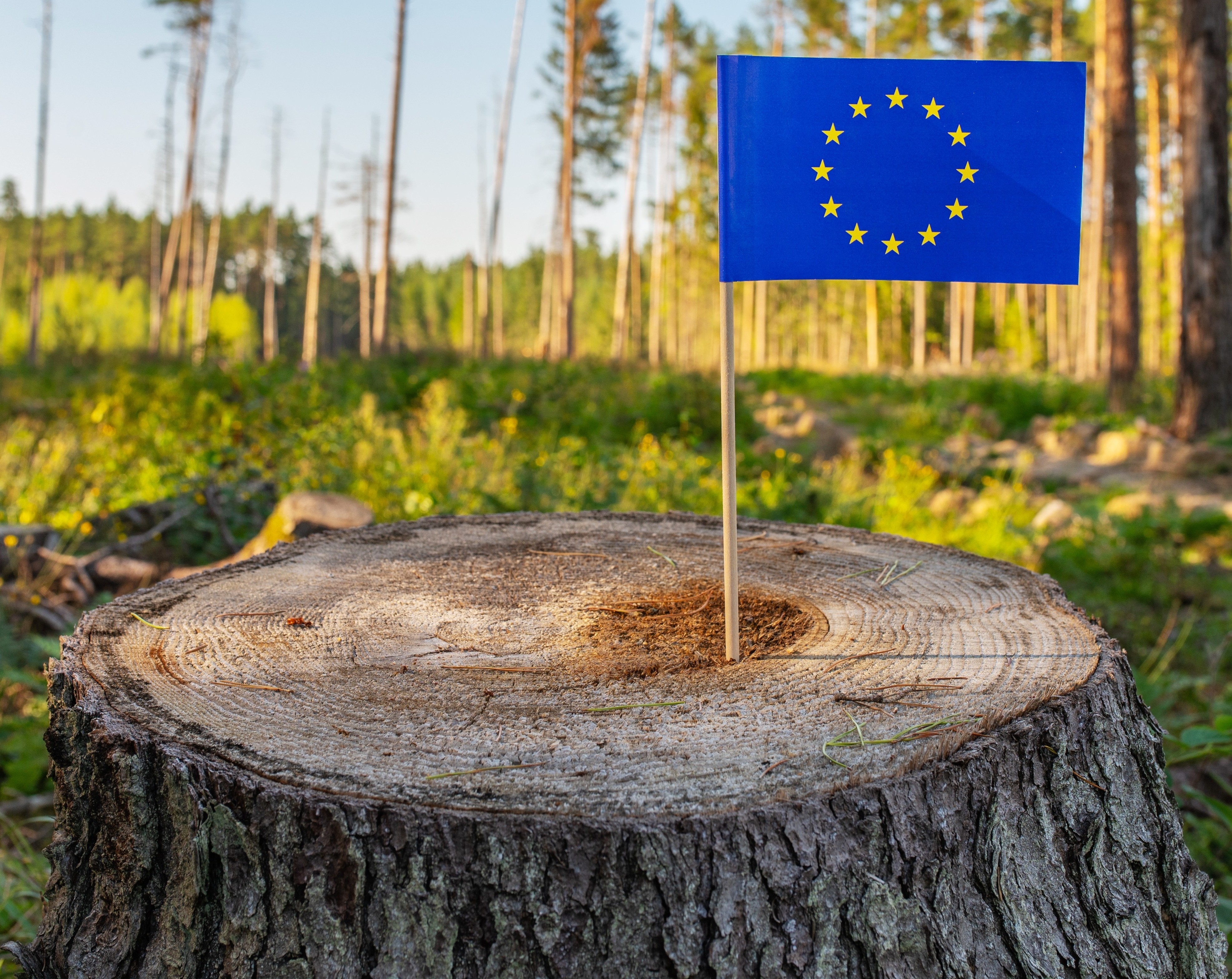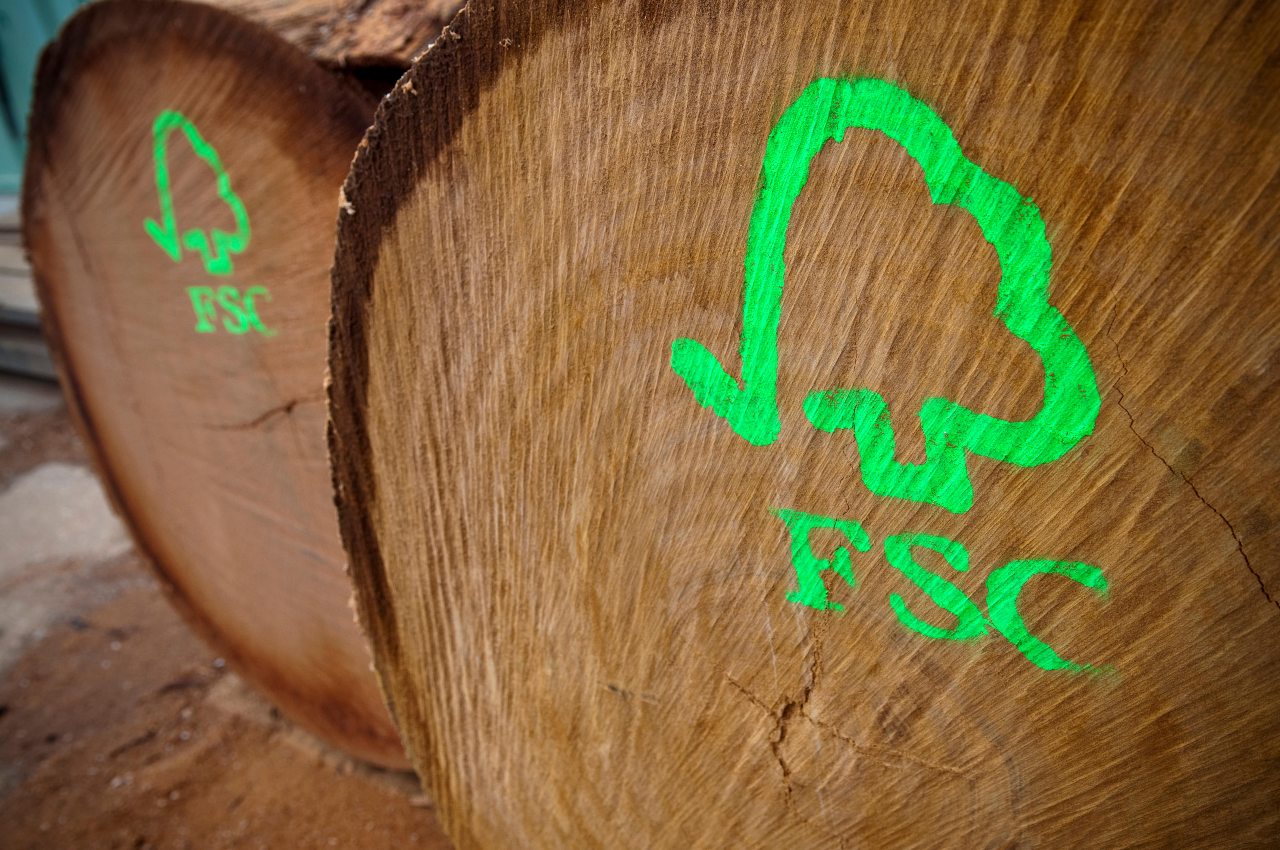
Fires burning on land being cleared for soy in Santa Cruz, Bolivia, September 2016
New data on land fires in Bolivia indicates that the surge
in illegal forest conversion for large-scale commercial agriculture and cattle
ranching seen since 2012 is accelerating. But despite this rapidly
deteriorating situation, deforestation in Bolivia continues to receive scant
international attention.
The Bolivian forest enforcement agency (ABT) has documented
a rapid increase in illegal deforestation in recent years. According to
their analysis,
118,000 hectares were cleared illegally in 2012, 158,000 hectares in 2013 and
118,000 hectares in 2014 (see chart). During that three-year period, more than
85% of all deforestation in the country was found to have been illegal. Though
end-of-year data on the areas illegally deforested in 2015 and 2016 is yet to
be published, the number of illegal deforestation events detected continued to
rise through 2015.

ABT found that 70% of this illegal deforestation is
occurring in the department of Santa Cruz, which is the ‘powerhouse’ of
Bolivian agriculture and increasingly viewed as the next agricultural frontier
of Latin America. Huge investment is pouring into Santa Cruz from Brazil and
Argentina, where suitable land for soy expansion is increasingly hard to find.
Recently released data on land fires suggests that illegal
deforestation has accelerated even more quickly in 2016. Fire is commonly used
to clear land for cattle and crops in Bolivia, a practice known as chaqueo. Between
January and August 2016,
the last period for which data is available, 52,056 fires were recorded by ABT,
a four-fold increase over the same period in 2015. The fires, concentrated in
Santa Cruz and neighbouring Beni, are the worst seen in a decade. Half of the
fires were attributed by the authorities to cattle-ranching, 7 per cent to crop
production and a further 15 per cent to a mixture of the two.

Fires burn on logs cleared from Cerrado forest, Santa Cruz, Bolivia
The illegal deforestation epidemic is happening in the
context of a massive contradiction between the government’s policies on forest
protection and agricultural development. Despite having committed to protecting
its remaining forest through its Mother Earth Law, the Bolivian government has
also set aggressive targets for the expansion of export-oriented agriculture.
The aim is
to expand the agricultural frontier by 10 million hectares (an area the size of
South Korea) between 2013 and 2025, and increase agricultural and cattle
production four-fold. It seems highly implausible that Bolivia could achieve
these targets without them coming at the expense of natural forests and
indigenous lands.
There is a danger that this contradiction and the
illegalities stemming from it will be addressed through amnesties and cuts to
forest protection rules, rather than enforcement. Already in 2013 the Bolivian
government—under pressure from the agribusiness lobby—passed a
land use law enabling landowners who illegally deforested land prior
to 2011 to pay nominal fines in order to legalize their farms. Studies have
found that amnesties such as this and earlier ones have tended to accelerate
deforestation. Pablo Solón, from Fundación Solon, also believes that
recent amnesties for illegal fires are contributing to the worsening situation.
Meanwhile in a report on
its 2016 activities, ABT admits that one of the biggest threats faced by the
agency is political interference and pressure from the agribusiness and timber
sectors, as well as attacks against staff. A leading Bolivian research NGO, CEDIB,
known for its critiques of the government’s extractivist policies, has
faced similar
pressures in recent months.

A charred forest before being bulldozed in Bolivia
A recent investigation by US NGO
Mighty Earth (which did not examine legality) documented numerous ongoing
instances of deforestation for industrial soy planting in Bolivia’s Santa Cruz
province, finding “massive, out-of-control fires raging through the landscape”.
The research uncovered ties to Burger King via the international agri-business
giants Cargill and Archer Daniels Midland. Such exposure is a rarity, however.
Despite being one of the top
five countries in the world for recent tropical deforestation,
Bolivia has gained very little attention within international forest policy
circles.
Three-quarters of Bolivia’s soy production is exported.
Until recently, nearly all beef production was consumed domestically, but
controls on beef exports are gradually being relaxed, paving the way for a
rapid expansion in export-oriented ranching.
In addition to soy planting and cattle ranching,
extensive sugarcane
development is also contributing to the surge in deforestation in the
country. Six hundred hectares were cleared in just 3 months in late 2016 in
dense natural forests around the San Buenaventura sugar mill in north-west Bolivia.
The Tacana indigenous community alleges that it was forced to concede 4000
hectares of its ancestral territory to make way for the mill.

A pile of logs burns, Santa Cruz, Bolivia



